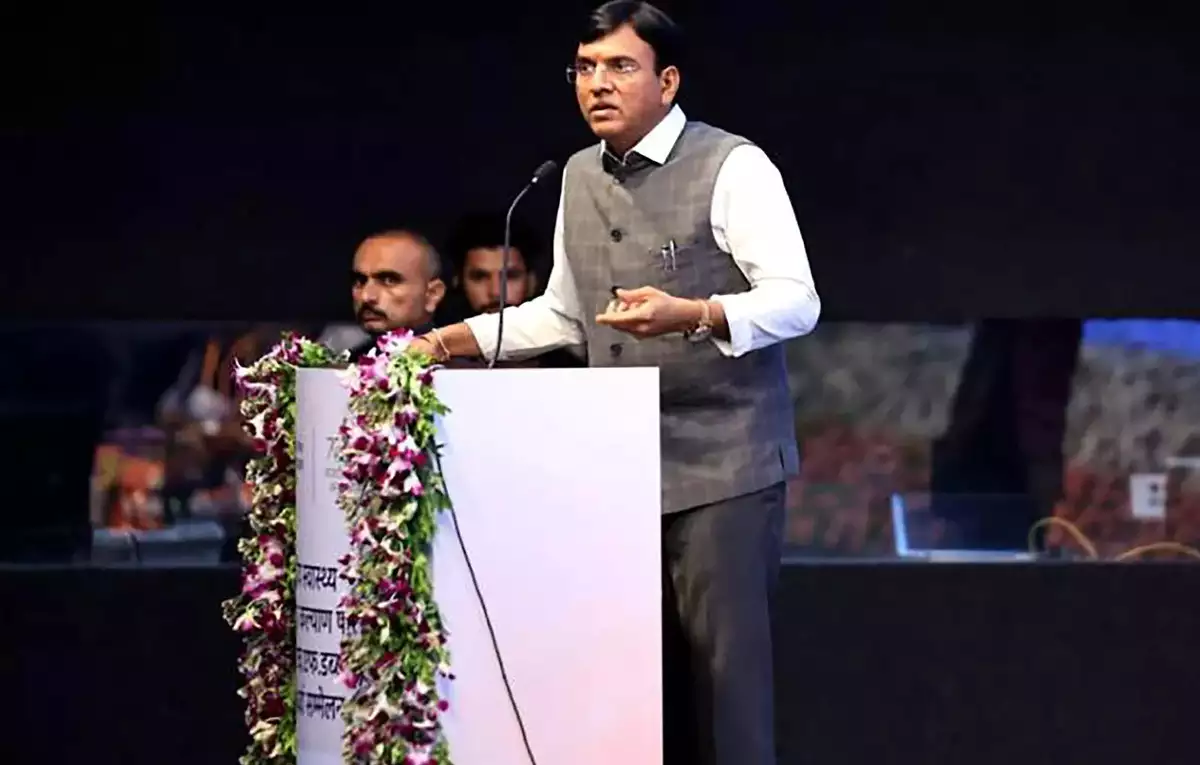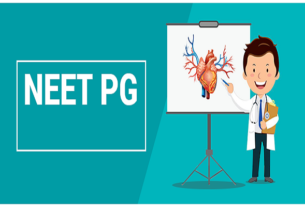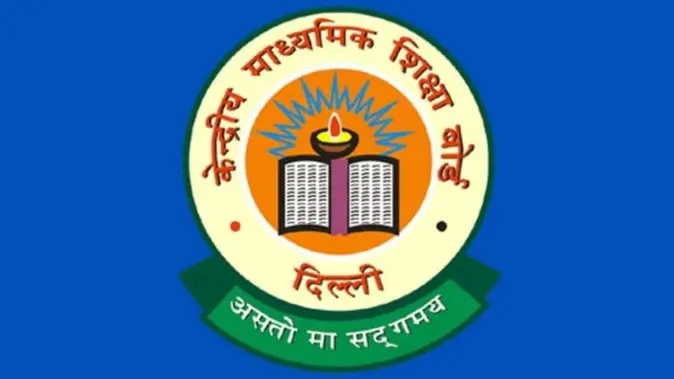NEET-PG counseling is a crucial process in the Indian medical education system, specifically designed for postgraduate medical students seeking admission into various specialty programs. The counseling process follows the National Eligibility cum Entrance Test for Postgraduate (NEET-PG), which serves as a standardized examination to assess candidates’ readiness for advanced medical education. This counseling initiative plays a significant role in determining the future of aspiring medical professionals, as it allocates limited postgraduate seats in government and private medical institutions across the country.
The NEET-PG counseling framework is governed by a structured procedure established by the Ministry of Health and Family Welfare in collaboration with the Medical Counseling Committee (MCC). It involves multiple rounds of seat allotment based on candidates’ scores and their preferences for specialties and institutions. This transparent and systematic approach ensures that students are allocated seats in a way that reflects their qualifications and preferences. Furthermore, counseling timelines are critically important as they determine when students can secure their positions in postgraduate programs, affecting their career pathways considerably.
Moreover, this process impacts not only individual students but also the healthcare system at large. By facilitating the distribution of qualified professionals into various specialties, NEET-PG counseling targets the existing gaps in healthcare delivery. Specializations such as surgery, pediatrics, and internal medicine require a dedicated workforce to meet the growing health demands of the population. The timely commencement of NEET-PG counseling is therefore fundamental to ensuring that these essential positions are filled adequately, ultimately contributing to a more robust medical ecosystem in India.
The Role of the IMA in Medical Education : NEET-PG Counseling
The Indian Medical Association (IMA) plays a critical role in shaping the landscape of medical education in India. Established in 1911, the IMA serves as a prominent representative body for medical practitioners, advocating for their interests and ensuring a holistic approach to the profession. The organization addresses various concerns surrounding medical education, including policies, curriculum development, and the overall standard of training for future doctors.
One of the primary responsibilities of the IMA is to advocate for policies that significantly impact medical education. This includes lobbying for improved infrastructure, funding, and resources dedicated to medical institutions, as well as ensuring that the educational curriculum aligns with the ever-evolving needs of the healthcare sector. The IMA’s influence is not limited to local concerns; it extends to national discussions with key stakeholders, including the Ministry of Health and Family Welfare. By actively participating in dialogues surrounding medical education, the IMA works to ensure that the voices of its members are represented in the policy-making process.
In addition to advocacy, the IMA emphasizes the importance of a streamlined admission process through counseling, particularly concerning the NEET-PG (National Eligibility cum Entrance Test for Postgraduate). The organization has repeatedly urged the Health Ministry to expedite the commencement of NEET-PG counseling, recognizing its pivotal role in shaping the future of medical professionals. By facilitating timely admission processes, the IMA aims to mitigate disruptions in the academic calendar, ensuring that aspiring medical professionals can commence their training without undue delay.
The collaborative efforts between the IMA and the Health Ministry have been instrumental in addressing challenges within medical education. Through these partnerships, both entities have worked towards implementing reforms that benefit the healthcare system and enhance the quality of medical education in India.
Reasons for Urging Action from the Health Ministry
The Indian Medical Association (IMA) has articulated several pressing concerns regarding delays in the National Eligibility cum Entrance Test for Postgraduate (NEET-PG) counseling process. One of the primary issues stems from the increasing number of candidates participating in the NEET-PG examination, compounded by logistical difficulties in conducting timely counseling sessions. This situation has significant implications for both aspiring medical professionals and the broader healthcare system.
The prolonged delays in the counseling process can adversely affect the careers of numerous medical graduates seeking to advance their education and specialize in different fields. The uncertainty surrounding their future prospects can lead to increased anxiety and frustration among these candidates, thereby impacting their mental health and professional aspirations. With more than 200,000 candidates vying for a limited number of postgraduate seats, the necessity for prompt and efficient counseling cannot be overstated.
Moreover, the ripple effects of delayed counseling are also felt in the healthcare system. The shortage of resident doctors and specialists emerging from the NEET-PG process directly threatens the quality and accessibility of patient care. As hospitals and clinics face personnel shortages, patients may experience longer wait times and reduced access to specialized medical services, potentially compromising their health outcomes. Statistical trends indicate that areas with a lower doctor-to-patient ratio tend to see higher mortality rates and inefficient health service delivery.
Additionally, the lack of timely decisions regarding seat allocation contributes to the inability of medical institutions to plan their workforce effectively. This mismanagement can hinder the overall growth and improvement of healthcare services in India. Given these critical concerns, the IMA’s urgent appeal to the Health Ministry is not only justified but necessary to ensure that aspiring medical professionals can commence their training promptly, thereby enhancing the healthcare landscape in the country.
Potential Outcomes and Future Implications : NEET-PG Counseling
The Indian Medical Association (IMA) has strongly urged the Health Ministry to expedite the commencement of NEET-PG counseling. A prompt response from the Ministry promises several positive outcomes that can significantly impact the medical education sector and the healthcare system overall. If the counseling begins as requested, one of the foremost advantages will be improved access to postgraduate medical education. This access is crucial for nurturing the next generation of healthcare professionals equipped to meet the complexities of modern medicine.
Moreover, a timely start to the counseling process is expected to facilitate provisions for aspiring medical students seeking specialized training. With the increasing complexity of medical conditions and healthcare demands, specialized skills are paramount. Initiating counseling would enable students to pursue advanced studies sooner, thus enriching the medical community with well-trained professionals ready to tackle contemporary health issues. Their presence in the field could lead to better healthcare delivery models and improved patient outcomes across the board.
Additionally, the timely commencement of NEET-PG counseling can contribute to a revitalized healthcare workforce. As new professionals enter the system, it ensures a continuous flow of fresh talent into healthcare facilities, which is imperative for combating staff shortages that have plagued several regions. On the contrary, any delays in this process could exacerbate existing issues, leading to a backlog of candidates and shortages of specialists in vital areas. The current urgency is underscored by the potential risks associated with prolonged inaction. Such delays could result in a diminished workforce, ultimately impacting patient care quality.
In conclusion, a positive response from the Health Ministry regarding NEET-PG counseling could usher in transformative changes for medical education and the healthcare industry, ensuring that the systemic challenges faced today are effectively addressed.





